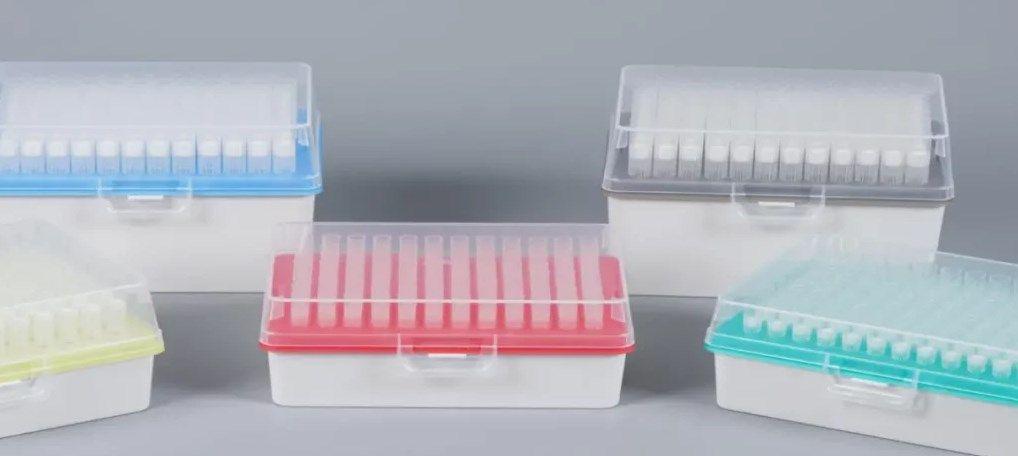The specific consumable type and the country or jurisdiction where the laboratory is located determine the regulations controlling the use of consumables in laboratories. However, a few general guidelines should apply to the use of all lab consumables. Here are some of the most important regulations for using lab consumables:
l Consumables must be used in accordance with the manufacturer's instructions. This entails disposing of consumables correctly, cleaning and sterilizing according to recommended protocols, and utilizing the appropriate consumable type for the intended application.
l Consumables must be stored in a safe and secure location. This could involve putting chemicals away from heat sources and ignition sources, putting dangerous or flammable materials in a designated safety cabinet, and putting sharp objects in a designated container.
l Consumables must be labeled properly. This includes labeling consumables with their intended use and any special handling instructions, as well as chemicals with their name, concentration, and hazard information.
l Consumables must be disposed of properly. This could entail recycling or composting suitable materials, getting rid of hazardous waste in accordance with local laws, and getting rid of non-hazardous waste in a special trash can.
Certain kinds of lab consumables may be subject to particular regulations in addition to these broad guidelines. For instance, there might be unique rules governing the use of controlled substances, radioactive materials, or biohazardous materials. Understanding the rules that govern the use of lab consumables in your lab is crucial. Penalties, fines, and even criminal charges may follow noncompliance with these rules.



